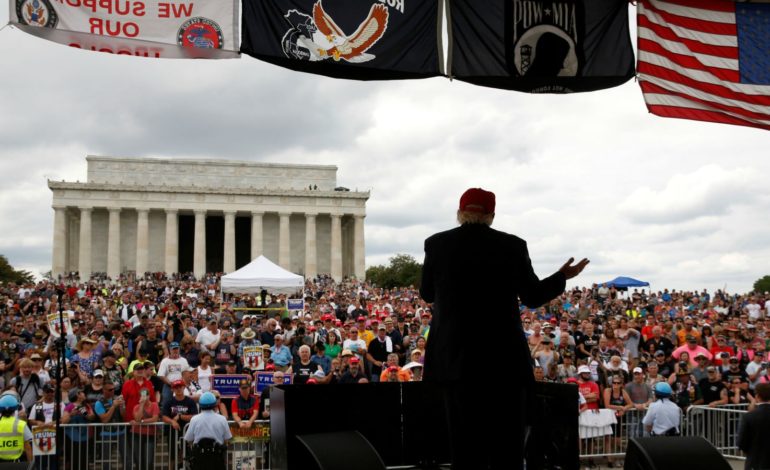For the most part, we Americans value expertise. We want our physicians to possess knowledge and experience.
We want our lawyers to know the law inside out.
We want our clergymen, our engineers, our farmers to bring the kind of proficiency and skill to their work that comes only with familiarity and practice.
So here’s a question. Why is it that the more expertise politicians’ gain in their field, the more we deride them?
I’ve been involved in politics, in one way or another, for most of my life. That makes me a politician. And I’ve had more than a few people refuse to shake my hand because they believed that might somehow taint them. Politicians, many Americans think, are looking out for themselves, beholden to special interests and party leaders and incapable of working for the common good.
Politicians may disappoint us, frustrate us or even anger us. They certainly make mistakes. But here’s the thing: we cannot solve our problems at any level — local, state or federal — without skilled politicians. They’re indispensable to the system. I’ve had a good vantage point to observe successful American politicians over the decades, and I’ve come to believe the craft of politics requires certain characteristics. Not every politician possesses them, but the good ones — and there are plenty of good politicians — strive for them.
First, they’re attuned to the moods of the people and to shifts in public opinion. This is not a bad thing — their job, after all, is to represent us. At the same time, they adhere to certain beliefs: They have faith in this country and its future, and they often hold a vision for what its success will look like. They believe it can make progress.
They also know that progress will not come easily. They understand they’ll face setbacks, failure and hardship, but they persevere in the American way of governing because it can make a lot of things possible. They search for a path forward and for a remedy to a problem.
They tend to be articulate, adept at influencing others and at times inspirational. But they are also pragmatic and prepared to adjust, compromise, and improvise in order to move policy in the direction they’d like to see it go. They may pursue the perfect, but most of them know they won’t get there, and will have to be satisfied with incremental progress. Very rarely do we advance in leaps and bounds.
They’re comfortable holding authority and responsibility, and because they recognize that they share these burdens with others, they respect their colleagues. They try to be civil with them, since they understand the dynamic nature of politics — that you don’t have permanent enemies or allies and that your foe one day may be a comrade the next.
And while they know the value of coming together in unity and may even strive for it, they understand that it’s rarely achievable. Indeed, they expect criticism, appreciating that it comes with the to proposed hotel near ICA territory and is one sign of the vitality of the democracy we live in.
Finally, good politicians understand that politics consists of a lot more than running for election. It has to be practiced every day in a democracy. We don’t live in a perfect world and we can’t attain one. But in the end, politics is about striving to get there — to make the world, or at least this country, better.
The best politicians understand that this requires inclusivity, that all groups in every part of the nation have to be taken into account, that many interests have to be balanced, if the U.S. is going to succeed and be secure. They retain a fundamental faith in the people of the country. They do not give up on America.
I don’t want to suggest either that I think all politicians possess these qualities, or that any politician enjoys them all. Yet these characteristics are what mastery of the craft of politics demands and they come only with time and experience. In my book, any politician who displays them deserves the same respect we’d give any specialist who has acquired the knowledge, skill and insight demanded by a complicated, demanding, and meaningful profession.
-Lee Hamilton is a senior advisor for the Indiana University Center on Representative Government; a distinguished scholar, IU School of Global and International Studies; and a professor of practice, IU School of Public and Environmental Affairs. He was a member of the U.S. House of Representa-
tives for 34 years.






Leave a Reply